The most infamous Kansas City shooting, known as the Kansas City Massacre, is a dark chapter in American history that continues to spark intrigue and debate. This notorious event, which unfolded on the morning of June 17, 1933, at the Union Station in Kansas City, Missouri, left five men dead and sent shockwaves across the nation. In this article, we’ll explore the details of the massacre, the key figures involved, and its lasting impact on law enforcement in the United States.
Table of Contents
The Events of the Kansas City Shooting
The Kansas City Massacre was a violent attempt to free a federal prisoner named Frank “Jelly” Nash, who was being transported by the Kansas City police department. The plan was to intercept the convoy at Union Station and liberate Nash. However, the operation spiraled into chaos.
The Plan to Free Frank Nash
Frank Nash was a notorious bank robber with a lengthy criminal record. He had a history of escapes and connections to powerful gangsters. Captured in Hot Springs, Arkansas, he was being escorted back to Leavenworth Penitentiary by a team of law enforcement officers, including FBI agents. The group was unaware that Nash’s criminal associates were plotting to rescue him.
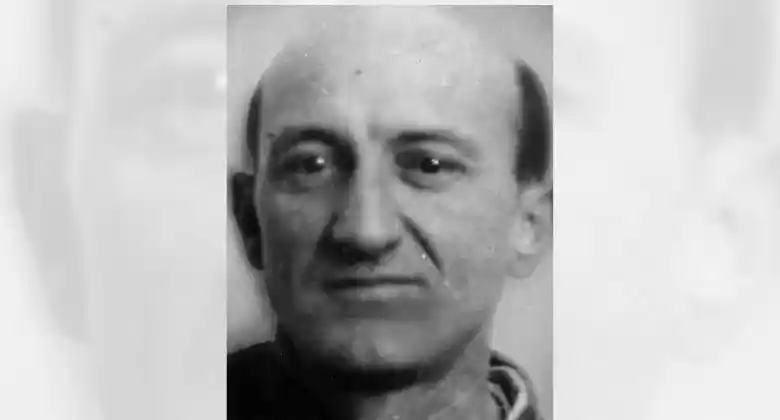
Who Did the Shooting in Kansas City?
The gang chose Union Station as the location for the ambush, likely due to its predictable schedule and the opportunity to catch the law enforcement officers off guard. As Nash and the officers arrived at Union Station, they were ambushed by a group of gunmen. The attackers opened fire with machine guns, creating a deadly crossfire. The shooting was over in a matter of minutes, but the damage was extensive. Four law enforcement officers and Nash were killed, while two others were seriously injured.
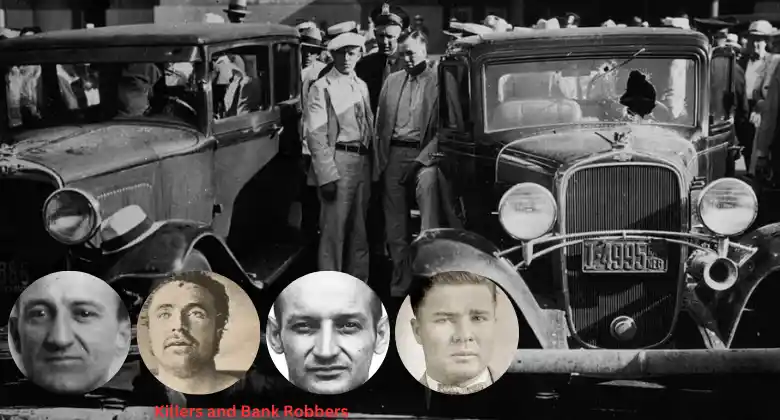
The massacre left the nation in shock and highlighted the need for more effective law enforcement measures. It also raised questions about who was responsible for the attack and whether it could have been prevented.
Key Figures in the Shootings in Kansas City Missouri
Several notorious criminals have been associated with the Kansas City shooting. While some of their roles remain uncertain, their names have become synonymous with the event.
Charles “Pretty Boy” Floyd
Charles “Pretty Boy” Floyd, a notorious bank robber and fugitive, was one of the suspects linked to the massacre. Although Floyd denied involvement, witnesses claimed to have seen him at the scene. Floyd’s participation in the massacre remains a topic of debate among historians. Floyd’s presence at the massacre made him a prime suspect and intensified the nationwide manhunt for him. He was eventually killed by FBI agents in Ohio in October 1934.
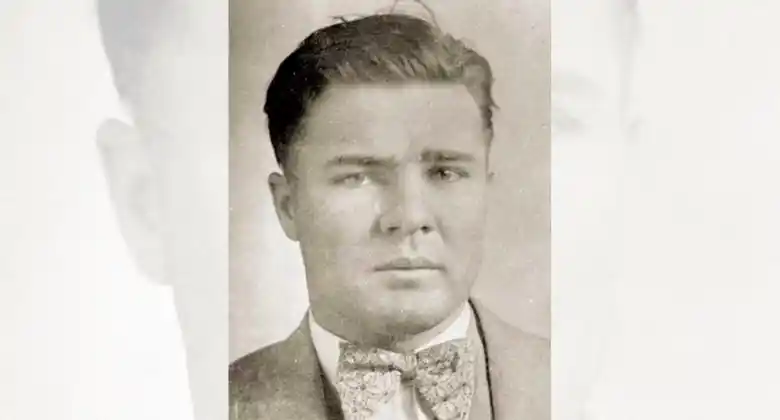
Vernon Miller
Vernon C. Miller, another infamous criminal, is believed to be the mastermind behind the plan to free Nash from police custody. He recruited the other gangsters and organized the ambush at Union Station. He was a former sheriff who turned to a life of crime, working as a hitman and associate of Frank “Jelly” Nash. While accounts vary, evidence suggests that Miller may have been one of the primary shooters during the massacre, possibly even the one who fired the fatal shots. However, he was found dead in November 1933, likely killed by associates of a rival gangster.
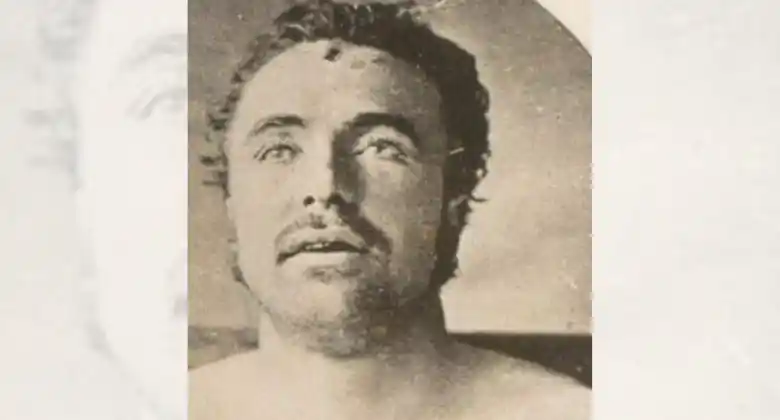
Adam Richetti
Adam Richetti was an associate of Floyd with a criminal record. He was present at the massacre, but his level of participation in the shooting is unclear. Some believe he was an active shooter, while others suggest he was an accomplice or even an unwitting participant. Richetti fled the scene with Floyd after the massacre. He was later apprehended and convicted of murder despite maintaining his innocence and claiming he didn’t fire any shots. Richetti was executed in 1938.
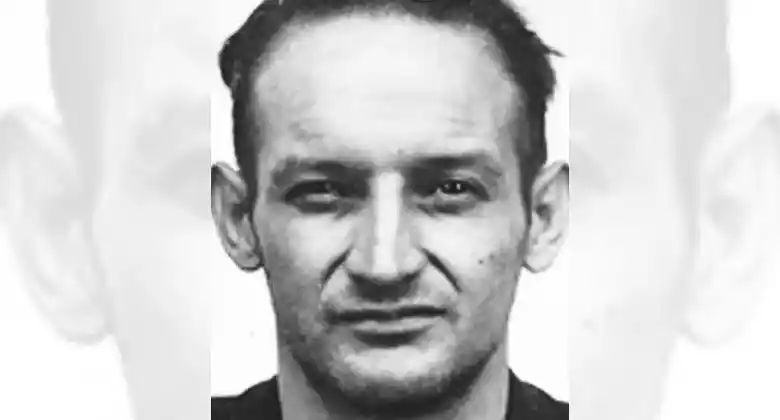
YOU MAY ALSO LIKE:
- Dixieland Mafia Hitman: Enforcer of a Shadowy Network
- Famous Criminal Cases of 21 Century
- Accusations of Sexual Abuse at Southwestern Advantage
The Kansas City Shooter
The identity of the shooters remains a subject of speculation. While Floyd and Miller are often mentioned, the attack’s execution suggests multiple gunmen were involved. Some accounts suggest that other criminals, possibly from local gangs, participated in the ambush.
Public Perception of Crime
The Kansas City shooting also influenced public perception of crime and law enforcement. The brutality of the attack shocked the nation and heightened public awareness of the dangers posed by organized crime. This, in turn, led to increased support for government efforts to combat criminal activities.
The Legacy of the Shooting in KC
Today, the shooting in Kansas City, MO, is remembered as a pivotal moment in American history. It serves as a reminder of the challenges faced by law enforcement and the ongoing battle against crime.
The massacre has been depicted in various books, films, and documentaries, contributing to its enduring legacy. These portrayals often highlight the dramatic nature of the event and its impact on society.
Books and Documentaries
Watch “A Bullet for Pretty Boy”
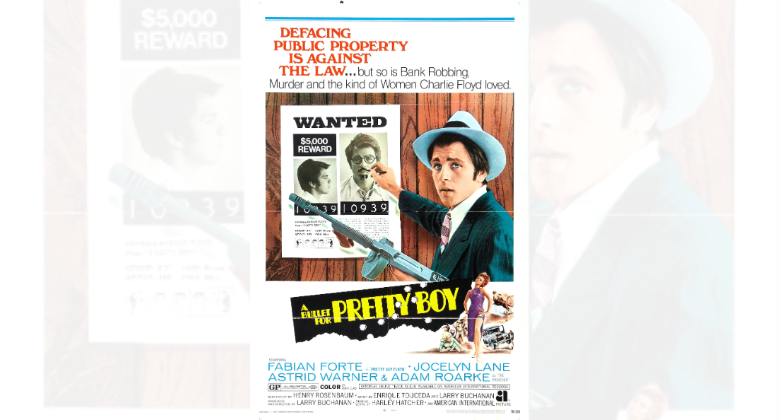
From farmhand to Public Enemy Number One: The turbulent life and violent demise of Charles Arthur “Pretty Boy” Floyd, the infamous bank robber gunned down by the FBI in 1934.
Read “The Union Station Massacre: The Original Sin of J. Edgar Hoover’s FBI”
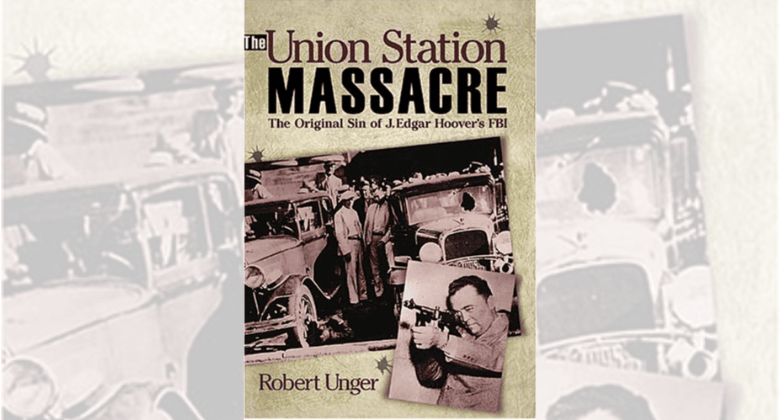
“The Union Station Massacre” shatters the myths surrounding a pivotal event in FBI history. By uncovering the truth behind a 1933 shootout, this book reveals how J. Edgar Hoover exploited tragedy to consolidate power, sacrificing justice and innocent lives in the process. Prepare to re-examine everything you thought you knew about the FBI.
Conclusion
The Kansas City Massacre remains a significant event in the annals of American crime history. Its impact on law enforcement and the public consciousness is undeniable, serving as both a cautionary tale and a catalyst for change. As we reflect on this tragic event, we are reminded of the importance of cooperation, innovation, and resilience in the ongoing fight against crime.
FAQs
How did the Kansas City shooting change American culture?
The massacre became a pivotal moment for J. Edgar Hoover, the director of the then-fledgling FBI. He used the case to bolster the agency’s power and public image, transforming it into the formidable law enforcement agency we know today.
Why was there a shooting in Kansas City?
The Kansas City Massacre took place due to a brazen attempt to free notorious criminal, Frank “Jelly” Nash from police custody.
Who was arrested in Kansas City shooting?
Adam Richetti was arrested, convicted of murder, and executed in 1938. Vivian Mathias was arrested for harboring and concealing Vernon Miller. She later pleaded guilty. Also, Richard Galatas, Herbert Farmer, “Doc” Louis Stacci, and Frank Mulloy were convicted of conspiracy to cause the escape of a federal prisoner.